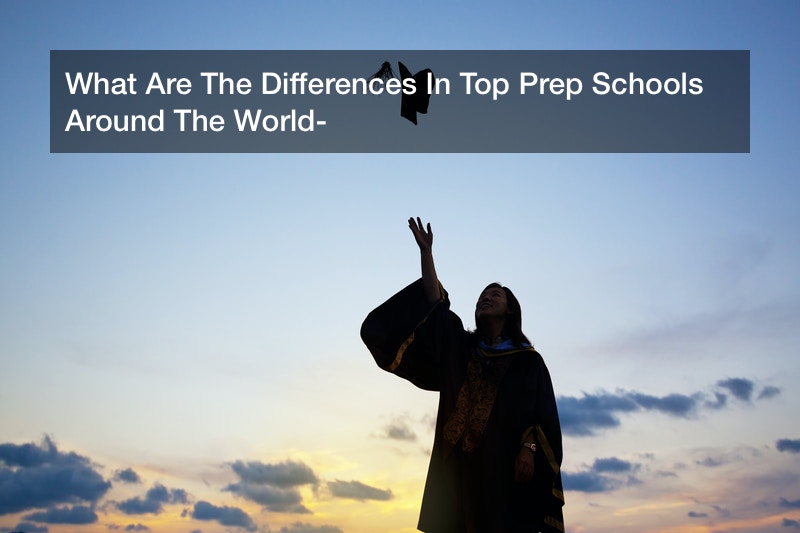
Parents place an enormous amount of time and effort into researching and finding a school that best suits their child’s needs and learning style. The importance of a school’s credentials and standards has a significant impact on the degree of education students will receive, and how they intend to prepare them for higher levels of education—some schools succeed while others might miss the mark. Deciding on the type of school you choose for your child; their level of knowledge could significantly vary placing them above average for their age range or at risk—many parents want to enroll their children in preparatory schools and private schools to provide their child a quality foundation. The advantages of attending private schools allow students to have their individualized learning styles catered to through one-to-one tutoring and various other academic resources not offered at public schools, because it isn’t within their standards. Similar, the benefits of prep schools significantly boost student’s knowledge through constant studying and academic extracurriculars for parents that want their child to excel.
What Are Prep Schools?
1. United States:
Preparatory schools are a type of secondary school that aims for college readiness, typically at top-rated universities. There are various accreditations a prep school can be under public, private independent, or parochial schools that determine the type of prep students receive and how well-prepared they are. In the U.S preparatory schools slightly differ from those around the world—some schools have open enrollment while others are based on specific selection criteria to be accepted. There are only certain regions for a U.S prep school, one of most known being a prep school in Miami. In the U.S a preparatory school is typically associated with private education, and students that aim to attend elite, ivy-league institutions, fewer than 1% attend, and in the U.S also double as day schools and boarding schools. Some prep schools have religious affiliations, and students are required to participate in religious events as a part of enrollment criteria.
2. Europe:Typically, in most parts of Europe such as Italy, France, Germany, Scandinavia, and the Netherlands preparatory schools are state-funded to specialize in college preparatory education and go by different names depending on the region. Throughout France, there are special post-secondary classes, preparatoires, that are the considered the equivalent of freshman and sophomore college courses for students who are academically competitive. However, preparatory schools can only begin after high school as they’re known to be intensive and dense in their classes, as they select the top students from various high school and typically don’t charge fees. In Germany, prep schools are called Gymnasium alluding back to Ancient Greece’s use of the word as an area where scholars would to exchange ideals. German preparatory schools begin selecting students early in their academic career, usually after completing 4th or 6th grade with excellent marks—most German prep schools do not charge tuition fees, because there is a strong push for students of all socioeconomic backgrounds to exceed. The United Kingdom’s concept of preparatory schools is a bit different, as they’re usually for privately educated students who failed to gain entrance into the school of their choice.
3. Asia: The rate of prep schools is at its highest in China. Parents aim for the best private education for their children to compete in such an academically inclined country. Private high schools, also known as high-level high schools, typically have preparatory schools attached to them as universities are more likely to admit students who attend these high schools. Malaysia’s prep schools require a higher school certificate, Sijil Tinggi Persekolahan Malaysia that grants students admission into pre-university systems for admission public universities—typically students are chosen that have passed A-level examinations. In Japan preparatory schools are considered extremely prestigious and are very difficult to gain admission to. Prep schools, known as shin-gakkou (“a school used to progress into another school”) Like Chinese prep academies, high schools determine the university a student is accepted into.
4. New Zealand: The purpose of prep schools in New Zealand is solely to help better prepare students for university courses. Specific criteria must be met for admission, but generally, the rate of students admitted is slightly above average.

